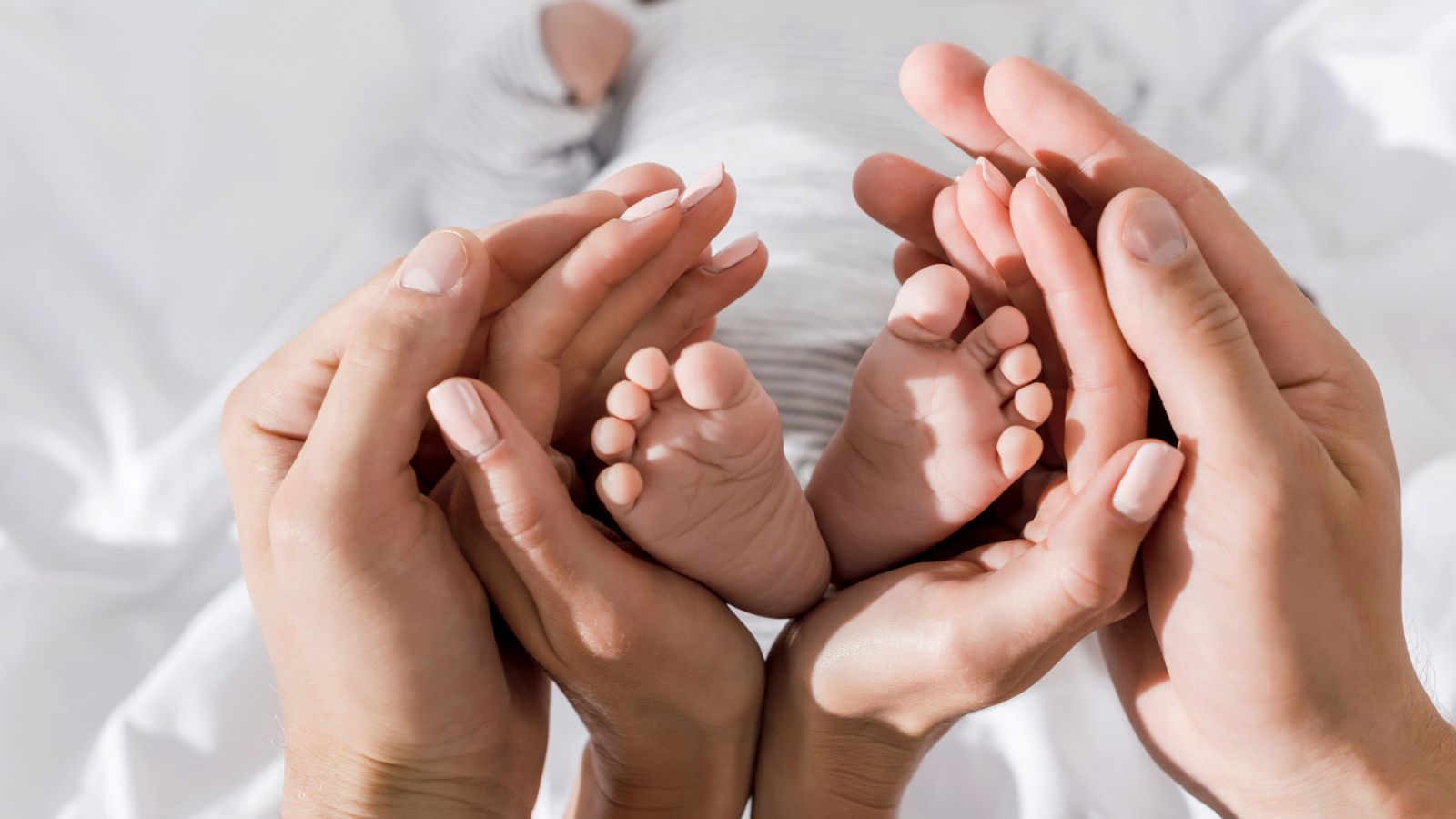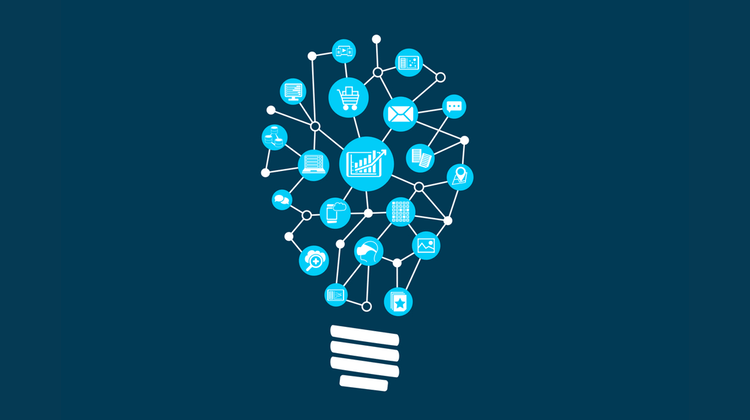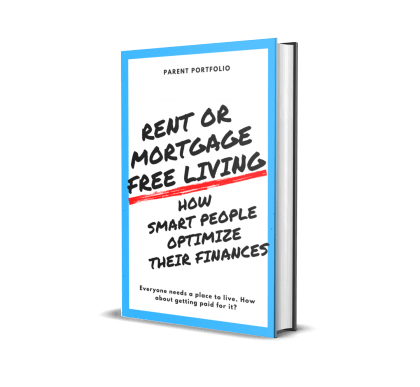15 Expensive Things Everyone Agrees Should Be Free

In today’s world, we all face expenses that can stretch our budgets—rent, food, transportation. But beyond these daily costs, there are some surprisingly pricey essentials that many argue should not cost anything at all. Imagine a world where you didn’t have to pay for critical healthcare, essential educational opportunities, or access to the internet.
In today’s world, the rising cost of living can make it hard to afford basic needs, let alone luxuries. It’s important to address the growing debate around the high price of items and services that many believe should be accessible to everyone.
1. Education

Education stands as one of the most commonly cited essentials that many believe should be freely accessible to all. In a society where knowledge is power, the barriers of tuition fees can limit potential based on socioeconomic status rather than merit or ambition. Free access to education, from primary schools to universities, could democratize opportunities and foster an environment where talent and effort define success. This change could lead to a more innovative, informed, and competitive society.
2. Healthcare

Healthcare is another critical service that often comes with a hefty price tag but is universally deemed necessary. The concept of free healthcare is rooted in the belief that medical assistance should be a fundamental right, not a privilege. High costs can prevent individuals from seeking necessary care, leading to more severe health issues that could have been preventable. Ensuring free healthcare could potentially save lives and reduce long-term medical costs associated with untreated conditions.
3. Internet Access

Internet access has become nearly as essential as other utilities like water or electricity. In today’s digital age, being online is crucial for education, communication, and even employment. The cost of internet service can exclude low-income families and individuals from crucial digital services, further widening the digital divide. Advocates argue that free, universal internet access would promote equal opportunities for all, regardless of economic background.
4. Public Transportation

Public transportation is often heralded as a public service that should be free to encourage its use and help reduce environmental impact. Charging fares can discourage the use of public transport, especially among those who are economically disadvantaged and might benefit most from free services. Cities that have experimented with fare-free public transport systems often see an increase in ridership and a decrease in traffic congestion and pollution.
5. Water

Water is a basic human necessity, yet access to clean drinking water is not guaranteed in many parts of the world, including in some developed countries. The idea of charging for what many consider a basic right sparks ongoing debates about water privatization versus public management. Ensuring free access to clean water could lead to better health outcomes and socioeconomic equity.
6. Essential Medicine

Essential medicines, including life-saving drugs, are sometimes priced beyond the reach of those who need them most. The argument for making such medications free is based on the moral stance that no one should have to choose between financial stability and their health. By removing financial barriers, individuals could pursue treatment without the fear of crippling debt.
7. Banking Services

Banking services are integral to managing personal finances but often come with fees that can accumulate, especially for those with lower incomes. Free basic banking services could help promote financial inclusion and stability, allowing more people to save, invest, and manage their money without undue financial strain. This could particularly benefit those who are new to banking or who are trying to improve their financial situation.
8. Dental Care

Dental care is frequently overlooked in discussions about healthcare, but many agree it should be freely available. Dental health is crucial not only for cosmetic reasons but also for overall health, as issues in the mouth can lead to or exacerbate other health problems. Yet, the high cost of dental treatments prevents many from seeking necessary care until it becomes an emergency. Free dental care would not only improve individual health and quality of life but could also reduce long-term healthcare costs by preventing more serious diseases linked to poor oral health.
9. Maternity

Maternity care is another critical service that has a profound impact on the health of mothers and their children. The expenses associated with pregnancy, childbirth, and postnatal care can be daunting, making it difficult for expecting mothers to afford the care they need. Advocates for free maternity care argue that it would lead to healthier outcomes for both mothers and infants and would support the well-being of families during these crucial early stages. By providing free maternity care, society would be investing in the health of its next generation.
10. Mental Health Services

Mental health services are increasingly recognized as essential, yet they remain out of reach for many due to high costs. Mental health issues, if left untreated, can impair an individual’s ability to function at work and in society and can lead to greater health expenditures down the line. Free mental health services would encourage more people to seek help without the stigma or financial burden that currently comes with it. This would not only improve individual lives but also benefit the broader community by reducing overall healthcare demands.
11. Emergency Services

Emergency services, including ambulance services, are often associated with surprisingly high fees. When an emergency strikes, the last thing anyone should worry about is whether they can afford the help they need. Making ambulance services free would ensure that everyone, regardless of their financial situation, has access to immediate care in critical situations. This could potentially save lives by encouraging quicker responses to medical emergencies.
12. Eye Care

Eye care, much like dental care, is sometimes separated from other health services, though it is vital for maintaining overall quality of life. Regular eye exams and corrective lenses can be expensive, yet they are necessary for proper vision. Free eyecare would help individuals maintain their vision health, which is crucial for both personal safety and general well-being. It would also help children perform better academically and adults maintain their productivity at work.
13. Birth Control

Birth control and reproductive health services are fundamental to family planning and women’s health, yet they can be prohibitively expensive. Providing these services for free would empower individuals to make better-informed decisions about their bodies and futures. It would also contribute to public health and social stability by preventing unintended pregnancies and reducing the transmission of sexually transmitted infections (STIs). Free access to birth control would signify a commitment to the health and autonomy of individuals, particularly women.
14. Legal Services

Legal services, especially for low-income individuals and families, can often mean the difference between justice served and justice denied. Legal fees can be a barrier to defending one’s rights in court, whether contesting unfair practices, resolving family matters, or defending against criminal charges. By offering free legal assistance, society ensures that all citizens can navigate the legal system effectively, regardless of their economic status. This would promote fairness and equality under the law, foundational principles of any democratic society.
15. Feminine Hygiene Products

Feminine hygiene products are a necessity for women, yet they often come with a high price tag and are even taxed in many regions, a policy widely criticized and termed as “tampon tax.” Many argue that these products should be freely available in public restrooms, schools, and workplaces. The cost and availability of these essential products can impact girls’ and women’s education, health, and overall participation in daily activities. Free access to feminine hygiene products would promote gender equality and help alleviate the financial burden on half of the population.
50 Super Simple Side Hustle Ideas

50 Super Simple Side Hustle Ideas (& How to Make Them Work)
9 Signs of Millionaires That Indicate You Are On Track to Becoming Wealthy

9 Signs of Millionaires That Indicate You Are On Track to Becoming Wealthy






